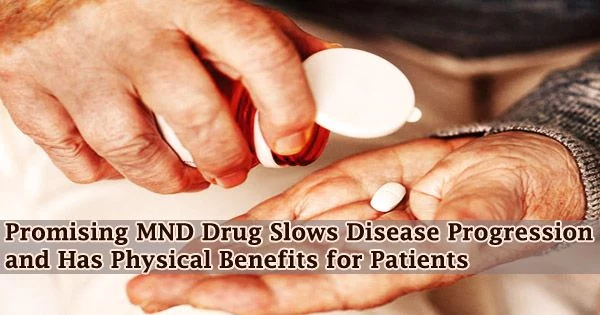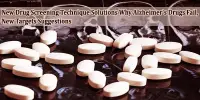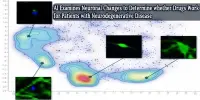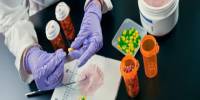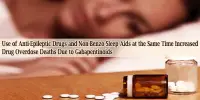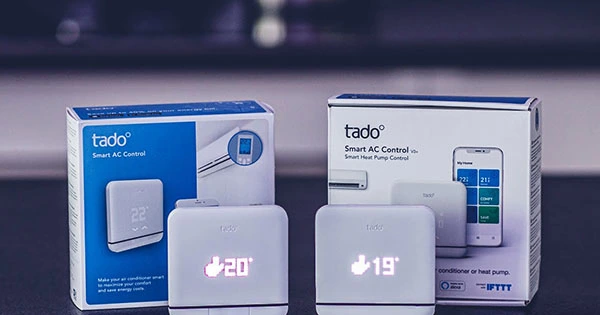After a Phase 3 clinical trial revealed significant physical gains for patients after 12 months, researchers believe a new genetically tailored therapy for motor neurone disease (MND) could mark a turning point in patient care.
The course of their symptoms slowed down 12 months after taking the investigational medicine tofersen, according to patients with a defective SOD1 gene responsible for 2% of MND cases, according to research from the Sheffield Institute for Translational Neuroscience (SITraN).
The groundbreaking Phase 3 clinical research, which was supported by the biotechnology company Biogen Inc., involved 108 MND patients who were known to have the SOD1 gene defect.
At the study’s primary endpoint of 28 weeks, there was no evidence of a substantial clinical improvement; however, when the trial was extended to 52 weeks, there were documented changes in patients’ motor function and lung function.
Results of the trial, which were published in the New England Journal of Medicine, show that after taking tofersen for six months, biomarkers in patients’ spinal fluid showed a decrease in the levels of SOD1 and neurofilament protein, indicating that the treatment successfully hits the therapeutic target and reduces loss of motor neurons, which may enable them to begin regenerating connections with muscles in the body.
These latest results provide mounting confidence that tofersen is having both a biological and a beneficial clinical effect in people living with SOD1 MND. They also provide important ‘proof of concept’ that similar gene therapy-based approaches may be helpful for other forms of the disease.
Dr. Brian Dickie
Patients did report reported bodily improvements, but it took longer. Professor Dame Pamela Shaw, Professor of Neurology and Director of SITraN at the University of Sheffield, said:
“I have conducted more than 25 MND clinical trials and the tofersen trial is the first trial in which patients have reported an improvement in their motor function. Never before have I heard patients say ‘I am doing things today that I couldn’t do a few months ago walking in the house without my sticks, walking up the garden steps, writing Christmas cards.’ For me this is an important treatment milestone.”
Dame Pam added: “What we have found is that we can reduce or slow damage from happening biologically, but it takes more time for the motor neurones to heal and regenerate their connections with the muscles. So, the motor system needs time to heal before we see a physical and clinical change.”
“Patients with SOD1 mutations are relatively rare, but this trial is going to change the future of MND trials for patients. Not only can we look at other genes which also cause MND, but we now have a biomarker which we can measure to see if a treatment is working. This is going to make trials much more efficient. In future we may be able to tell in three to six months if an experimental therapy is having a positive effect.”
Professor Chris McDermott, Professor of Translational Neurology at SITraN University of Sheffield and Co-Author of the study, said:
“This is the first time I have been involved in a clinical trial for people living with MND where I have seen real benefits to participants. Although tofersen is a treatment for only two per cent of those living with MND, we have learned much in doing this clinical trial that will help us do smarter and faster clinical trials in the future. The approach used, of reducing proteins harmful in MND, is likely to have wider applications for more common types of MND.”
MND, commonly referred to as ALS or amyotrophic lateral sclerosis (ALS), is a disease that affects the motor neurones, or neurons, in the brain and spinal cord that connect the neurological system to the muscles and allow for movement of the body.
These nerves’ signals progressively stop getting to the muscles, causing them to become stiffer, weaker, and eventually die away. A patient’s ability to walk, communicate, use their arms and hands, eat, and breathe is affected by the degenerative illness.
In 2% of all ALS patients and up to 20% of those with a family history of the disease, SOD1 is the known trigger for the onset of MND.
Dr. Brian Dickie, Director of Research at the MND Association said: “These latest results provide mounting confidence that tofersen is having both a biological and a beneficial clinical effect in people living with SOD1 MND. They also provide important ‘proof of concept’ that similar gene therapy-based approaches may be helpful for other forms of the disease.”
“We are closely following the recent news that tofersen will be reviewed by the U.S. drug regulatory authorities and are in contact with Biogen to discuss what the regulatory approval process will look like elsewhere.”
Clinicians and researchers hope that this is the beginning of a process that will lead to a licensed therapy for MND patients.
